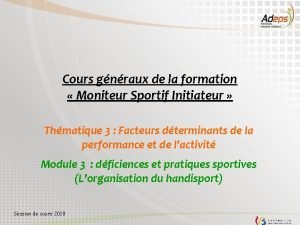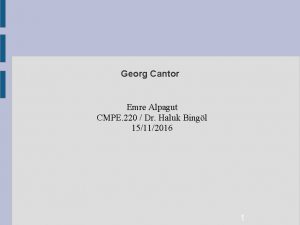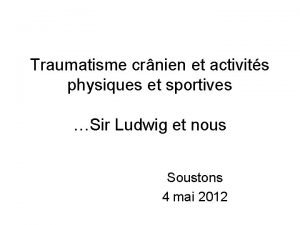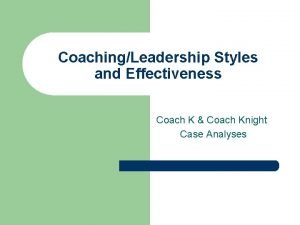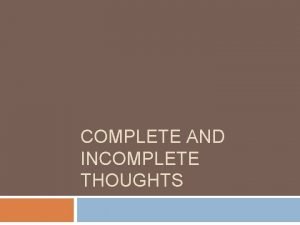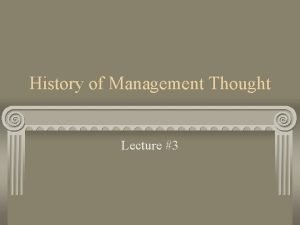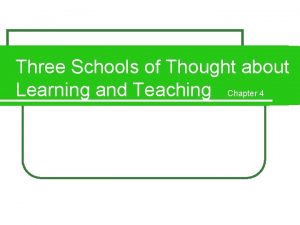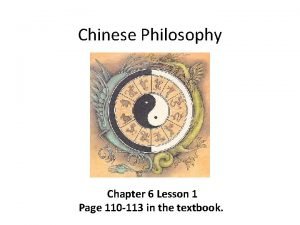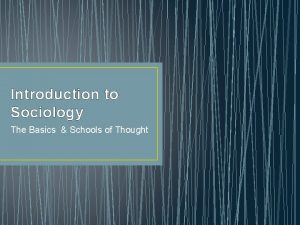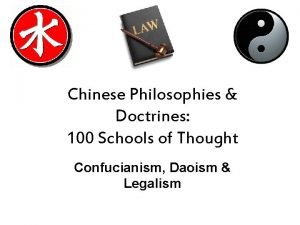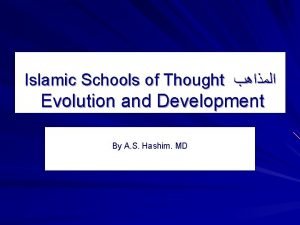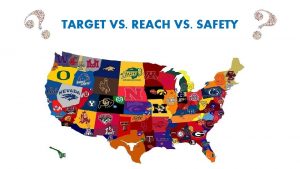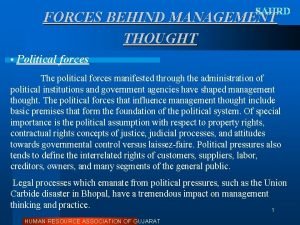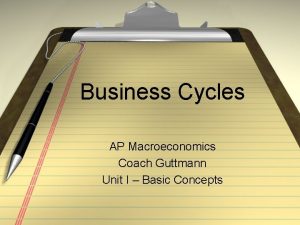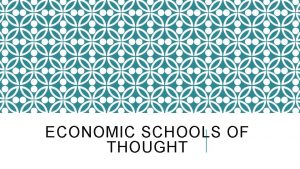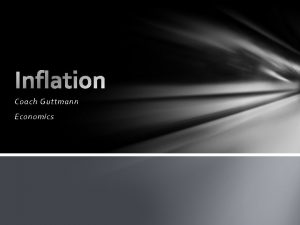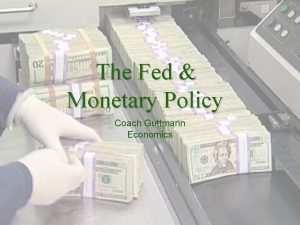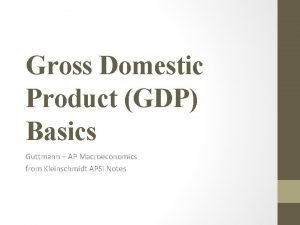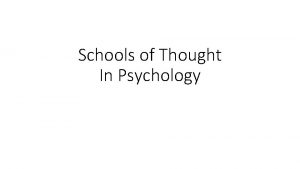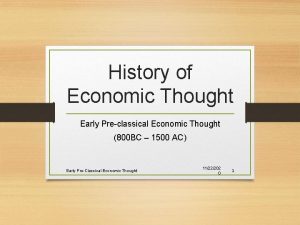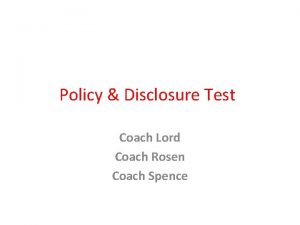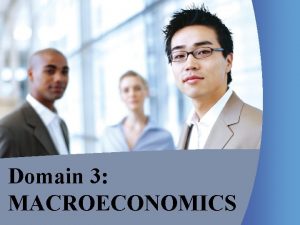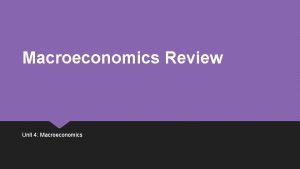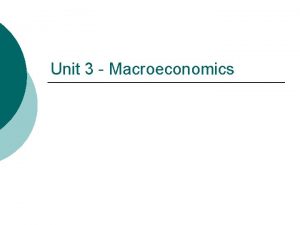Economic Schools of Thought Coach Guttmann AP Macroeconomics















- Slides: 15

Economic Schools of Thought Coach Guttmann — AP Macroeconomics Adapted from Kleinschmidt APSI Notes

Free Market Economics: Summary of the Three Schools

Classical, Neo-Classical, “Monetarism”, Supply Side, Trickle-Down Late 1700’s to about 1930, then some in the 1950’s, revived in the 1980’s Adam Smith - “Wealth of Nations” (1776) Milt Friedman - “Free to Choose” (1976)

Classical, Neo-Classical, “Monetarism”, Supply Side, Trickle-Down Competition is good and markets improve (Invisible Hand) Markets can self-correct via suppliers, if the market remains flexible (Say’s Law*) Conservatives and modern Republicans support these concepts Government’s role is limited to keeping markets fair, competitive, and free Leave markets alone as much as possible (Laissez-Faire)

*Say’s Law Production is the source of demand When an individual produces a product or service, he or she gets paid for that work, and is then able to use that pay to demand other goods and services Sometimes misquoted as “Supply creates its own demand”

Quantity Theory of Money Equation of Exchange MV = PQ (Ms x Velocity = Price x Quantity) Assume “Velocity” is fixed, so Ms x V = GDP Which means changing Ms will change GDP

Keynesian, Neo-Keynesian, Fiscal Policy 1930’s to the 1970’s, revived in the early 2000’s John Maynard Keynes “General Theory” (1936) Paul Krugman - Your Text Janet Yellen - Fed Chair

Keynesian, Neo-Keynesian, Fiscal Policy Competition is good but always flawed because of sticky wages and the Ratchet Say’s Law is mostly a myth Markets normally underperform and must be assisted by Fiscal Policies Liberals and modern Democrats usually support these concepts Congress must take an active role in controlling Aggregate Demand Congress should also create stabilizers to help buffer the constant recessions

Keynesian Theory GDP = C + Ig + G + Xn

Monetary Policy, Central Bank, Federal Reserve (In the US it’s called this) Early 1900’s, revived 1990’s Georg Friedrich Knapp “State Theory of Money” (1905) James K Galbraith - LBJ School of Public Affairs

Monetary Policy, Central Bank, Federal Reserve (In the US it’s called this) Competition is good but needs constant “fine tuning” to be stable Congress can never time policies correctly to help the cycles Markets are best corrected through interest rates, bond markets, etc. Bankers and the Federal Reserve support these concepts. The Fed takes an active role in controlling interest rates to change Ig

Other Influential “Schools” There are other “schools” of thought that play a part in policy discussions

The “Tea Party” Modern Tea Party Republicans hate the Fed’s powers Don’t trust the Fed’s motives Hate “fiat” money created by the Fed Expect the Fed to crash the economy at any moment with run-away inflation Don’t like the fact that the Fed leaders are not elected.

Rational Expectations Theory People make choices based on their rational outlook, available information and past experiences This contrasts with the idea that government policy influences people's decisions Producers and Consumers act on “expectations” of future - actually cause the expected action

The “Austrian School” Thought driven — don’t rely on complex formulas Believes that it is possible to discover the truth simply by thinking aloud Important work in: Marginal Utility, Laws of Supply, and Causes of Inflation
 Ludwig guttmann enseignement
Ludwig guttmann enseignement Georg cantor vally guttmann
Georg cantor vally guttmann Ludwig guttmann enfants
Ludwig guttmann enfants Coach k leadership style
Coach k leadership style Complete and incomplete thought
Complete and incomplete thought School thoughts of criminology
School thoughts of criminology Taylor shovel experiment
Taylor shovel experiment 3 school of thought
3 school of thought Han feizi quote
Han feizi quote Sociology schools of thought
Sociology schools of thought Major schools of thought in psychology
Major schools of thought in psychology 100 schools of thought philosophy
100 schools of thought philosophy Salafisim
Salafisim Powerschool huntsville
Powerschool huntsville Reach safety schools
Reach safety schools Sahrd
Sahrd
